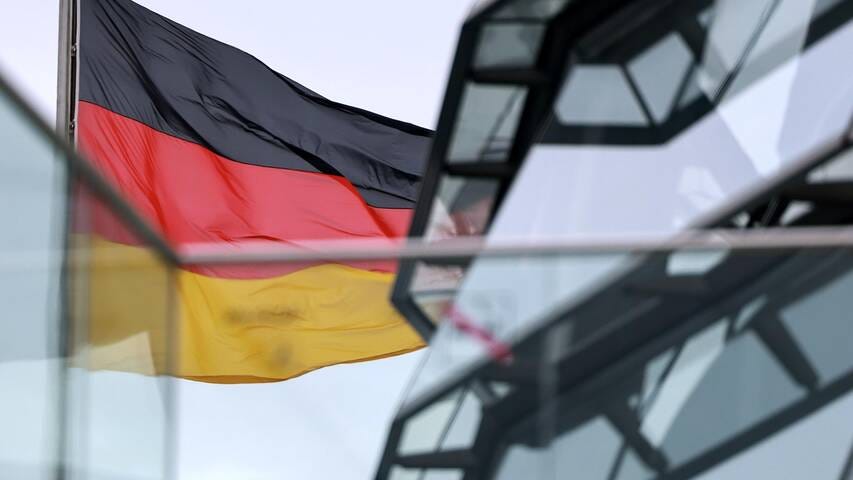Germany Faces a Second Consecutive Year of Recession
Europe's leading economy is grappling with a persistent crisis in its industrial and export-driven model, compounded by political turmoil. This situation is expected to endure into 2025.
Germany's economy contracted once again in 2024, marking its second consecutive year of recession. This downturn stems from a sustained crisis in the country’s industrial and export model during a period of political uncertainty, highlighted by legislative elections in February.
The European economic powerhouse saw its GDP shrink by 0.2% in 2024, according to a preliminary estimate released Wednesday by the Destatis institute. In 2023, the GDP had already contracted by 0.3%, weighed down by surging energy costs following Russia’s war in Ukraine.
In the final quarter of 2024, the GDP fell by 0.1% compared to the previous quarter, according to Destatis’ preliminary findings.
"German Exports Declined"
The 2024 downturn aligns with estimates from the German government and the Bundesbank, while the International Monetary Fund (IMF) had been more optimistic, predicting stagnation.
A cornerstone of Germany’s economic success, exports, saw a decline "despite overall growth in global trade in 2024," noted Ruth Brand, president of the Destatis institute, during a press conference.
2025 likely to be another year of recession
The economic crisis is most evident in the struggles of the manufacturing sector, whose international competitiveness is “under pressure”.
In particular, the automotive industry—the country’s industrial flagship—has been losing ground to Chinese competitors, hindered by persistently high energy costs since the start of the Russian war in Ukraine in 2022.
Moreover, “households have refrained from spending, despite rising incomes, due to uncertainty about the future economic outlook.” Despite the economic contraction, Germany’s public deficit remained at 2.6% of GDP in 2024, still below the EU average of 3.1%.
Economists do not foresee a quick recovery. “All signs point to 2025 becoming the third consecutive year of recession,” commented Jens-Oliver Niklasch of the LBBW bank on Wednesday, intensifying the pressure on the government that will be formed following the February 23 legislative elections.




